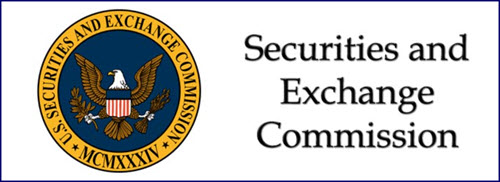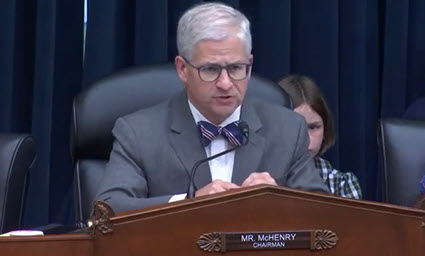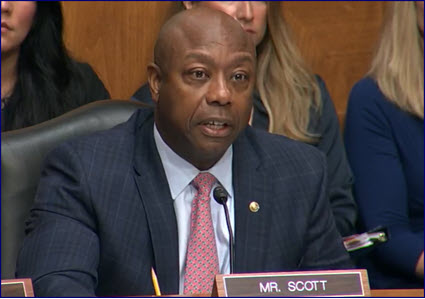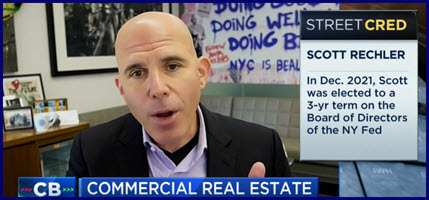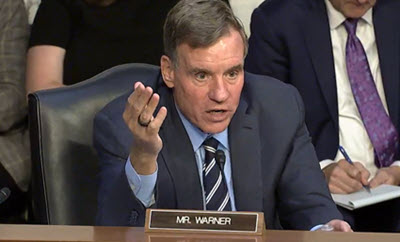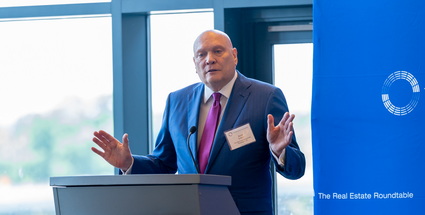
This week, policymakers addressed proposed regulations to increase capital requirements for the nation’s largest banks, known as the “Basel III Endgame,” which could have a significant impact on available credit capacity for commercial real estate transactions, as well as undermine liquidity and economic growth.
Congressional Hearings
- The House Financial Services Subcommittee on Financial Institutions and Monetary Policy, chaired by Rep. Andy Barr (R-KY), held a Nov. 7 hearing focused on an array of federal financial regulations, including the Basel III proposal.
- Chairman Barr stated that U.S. financial regulators have increasingly ceded portions of their authority to international and domestic intergovernmental organizations, which has decreased transparency in development of U.S. regulatory frameworks and reduced regulators’ accountability. (Barr’s opening remarks, Nov. 7 and Committee memo, Nov. 2)
- House Financial Services Committee Chairman Patrick McHenry (R-NC) and Subcommittee Chairman Barr recently requested the Government Accountability Office (GAO) to examine the role U.S. federal banking agencies played in developing the recent international Basel proposal. (McHenry-Barr Letter, Oct 20)
- The Senate Banking Committee announced that top U.S. financial regulators will testify on Nov. 14 about their sweeping plan to increase bank capital requirements.
Views from the Regulators

- Federal banking regulators announced last month an extension of the comment period on the Basel capital proposal from Nov. 30, 2023 to Jan. 16, 2024. Additionally, the agencies announced a quantitative impact study to clarify the estimated effects of the proposal, with data collection due the same date as the comments—Jan. 16. (Fed news releases, Oct 20)
- While the quantitative impact study is a positive development, the timing of the study fails to provide industry participants with the opportunity to assess its results or comment on the collected data before the Jan. 16 deadline. Regulators often grant the public ample time (120 days) to analyze and comment on such an impact study after it is released. (Roundtable Weekly, Oct. 27)
- This week, Fed Governor Michelle Bowman criticized the scope of the Basel proposal in two speeches. On Nov. 7 and today, Governor Bowman stated, “While the capital proposal reflects elements of the agreed upon Basel standards, it is not a mere implementation of the Basel standards. In this proposal, the calibration—with a large increase in capital requirements for U.S. firms—far exceeds the Basel standards mandate. There has been growing support for improving the proposal’s quantitative, analytical foundations, including the need for and impact of capital increases of this scale.”
The Roundtable’s Real Estate Capital Policy Advisory Committee (RECPAC) met in New York City yesterday to discuss the Basel proposal, other federal policies impacting capital and credit issues, and market conditions. RECPAC has established a working group on Basel III to develop comments, due by Nov. 30, on the Basel III Endgame proposal.
# # #

